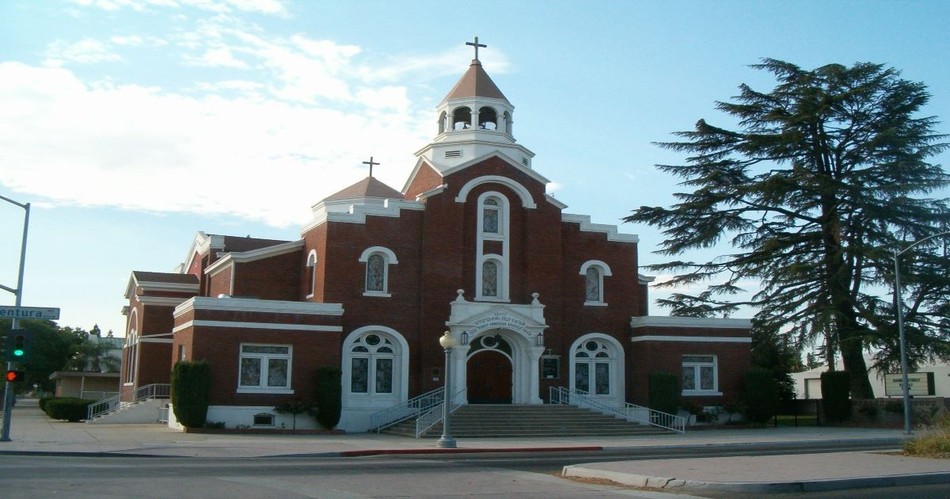Apostolic Churches are a Christian denomination that arose from Pentecostal origins in the early 19th century. The name "Apostolic" stemmed from the twelve apostles that followed Jesus, whose teachings are paramount for the beliefs of the Apostolic Church. Apostolic members strive to promote first-century Christianity in its faith, traditions, and politics with adherence to the doctrines of the Gospels.
The mission of the Apostolic denomination has been summarized in the book What God Hath Wrought: A Short History of the Apostolic Church by Thomas Napier Turnbull: "to make known worldwide the forgiveness of sins through the atoning death of Christ; the baptism in water by immersion; the baptism of the Holy Ghost with signs following; the nine gifts of the Holy Ghost; the five gifts of our Ascended Lord; and the vision referred to in the New Testament as "the Church which is His Body.""
Discover the origins and beliefs of the various Apostolic Churches as we explore what makes the Apostolic denomination unique within the Christian faith.
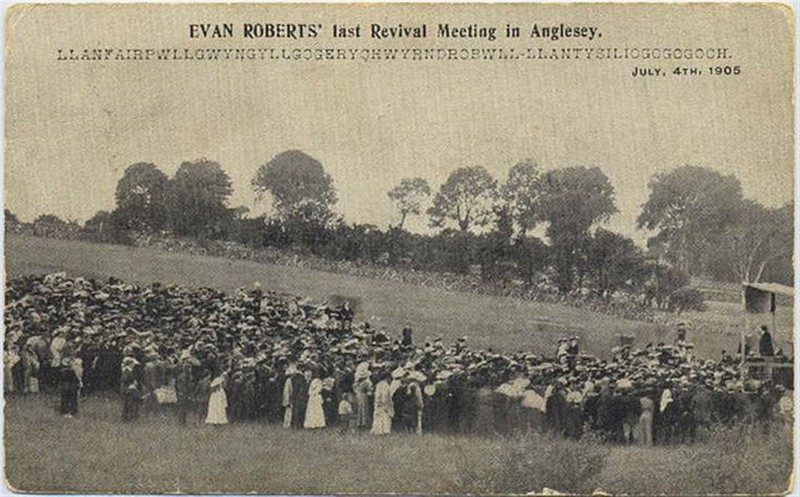
Origins of the Apostolic Faith
Several church organizations have arisen since the 19th century that identify as "Apostolic Churches." Let's look into the origins of some of the largest, most well-known of these groups:
The Apostolic Church
In November of 1909, William Oliver Hutchinson founded a Pentecostal Church at the Emmanuel Mission Hall in Bournemouth, England. It quickly grew to be the main office of a vast network of Pentecostal assemblies, recognized as Apostolic Faith Church.
Daniel Powell Williams, who had converted during the Welsh Revival of 1904-1905, joined the Apostolic Faith church started by Hutchinson. However, in January of 1916, Williams and some of the Welsh groups departed from Hutchinson and the Apostolic Faith Church over doctrinal concerns, forming the Apostolic Church in Wales (ACW). Since 1916, the two assemblies have progressed on separate paths of belief and practice.
The New Apostolic Church
The revival movement which grew within Great Britain in the 1830s resulted in many people desiring a new experience of the Holy Spirit. By 1832, apostles had been appointed, and the Catholic Apostolic Church was established. The Hamburg Schism of 1863, a dispute over specific understandings of the Scripture and the selection of new apostles, resulted in the formation of the New Apostolic Church. The first New Apostolic Church in America was founded by German immigrants in Chicago in 1872.
The Apostolic Christian Church
The Apostolic Christian Church in America was established in Lewis County, New York, in 1847. Its history originates from Samuel Froehlich's work in Switzerland in the 1830s. Froehlich was inspired by the Anabaptists of the 16th century, and his church was recognized in Europe as Evangelical Baptist. Like their Anabaptist forefathers, the members of the Apostolic Christian Church adhere to a literal interpretation of Scripture and use the Bible only as their foundation of life and practice.
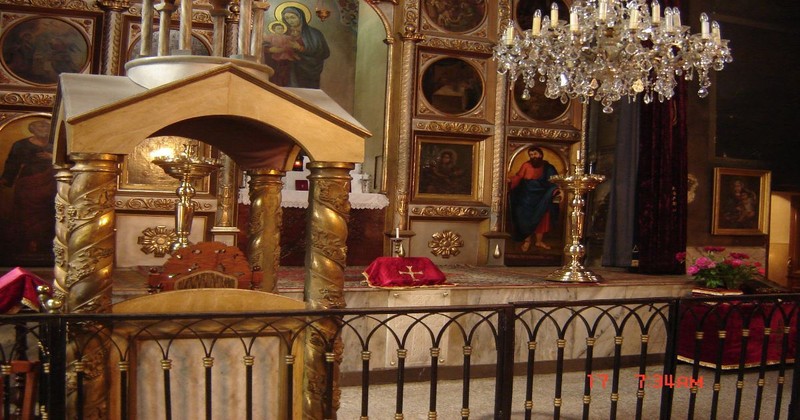
Relation between Apostolic and Pentecostal
Because the Apostolic denomination arose from Pentecostal roots, there are many overlapping similarities between these two branches of Christianity. There are even churches that incorporate both in their name like the AFPC "Apostolic Faith Pentecostal Church." However, there is a reason they are considered distinct factions of belief as there are also notable differences between them. For example, the Apostolic Pentecostal movement differs on the belief of the Trinity than other Pentecostals, saying that the Father, Son, and Holy Spirit are three titles for Jesus.
Pentecostalism is a Christian denomination that affirms a personal relationship and experience of God, involving the divine gifts of the Holy Spirit and speaking in tongues. The movement developed out of the Azusa Street Revival from 1906 in California. Its name arose from the day of Pentecost, which was when "the Holy Spirit filled the Church with power and added 3,000 new believers."
Apostolic Pentecostals then divided from the main Pentecostal movement in 1916 over a dispute about the essence of the Trinity. In short, Apostolic Pentecostals accept the understanding that the “Father,” ‘’Son” and “Holy Spirit” aren’t three distinct persons, but three separate names for one person: Jesus. Apostolic Pentecostals also believe speaking in tongues is required to be saved which means vocalizing a foreign language before unknown to the speaker.
“Apostolic” relates to the apostles, the first disciples of Jesus who were sent out to proclaim the Christian faith. For Apostolic Pentecostals, it is derived from their beliefs regarding baptism. Apostolic Pentecostals baptize their followers solely in the name of Jesus while other denominations baptize converted Christians in the name of the Father, Son, and Holy Spirit.
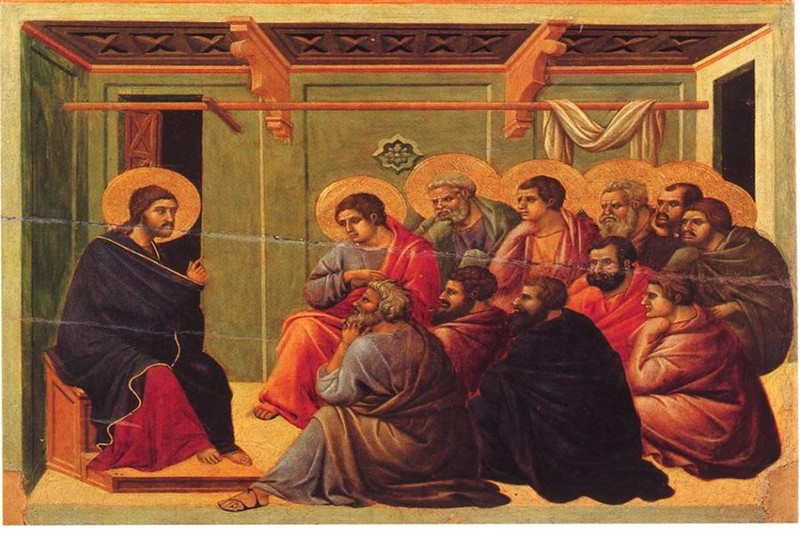
Apostolic Beliefs
Sourced from the Constitution of the Apostolic Church,
Apostolic theological beliefs are compiled in its confession of faith, known as the Tenets, which read as follows:
- The unity of the Godhead and the trinity of the Persons therein.
- The utter depravity of human nature, the necessity for repentance and regeneration and the eternal doom of the finally impenitent.
- The virgin birth, sinless life, atoning death, triumphant resurrection, ascension, abiding intercession of our Lord Jesus Christ and His second coming.
- Justification and Sanctification of the believer through the finished work of Christ.
- The baptism of the Holy Ghost for believers, with signs following.
- The nine gifts of the Holy Ghost for the edification, exhortation, and comfort of the Church, which is the body of Christ.
- The sacraments of baptism by immersion, and of the Lord’s Supper.
- The Divine inspiration and authority of the Holy Scriptures.
- Church government by apostles, prophets, evangelists, pastors, teachers, elders, and deacons.
- The possibility of falling from grace.
- The obligatory nature of tithes and offerings.
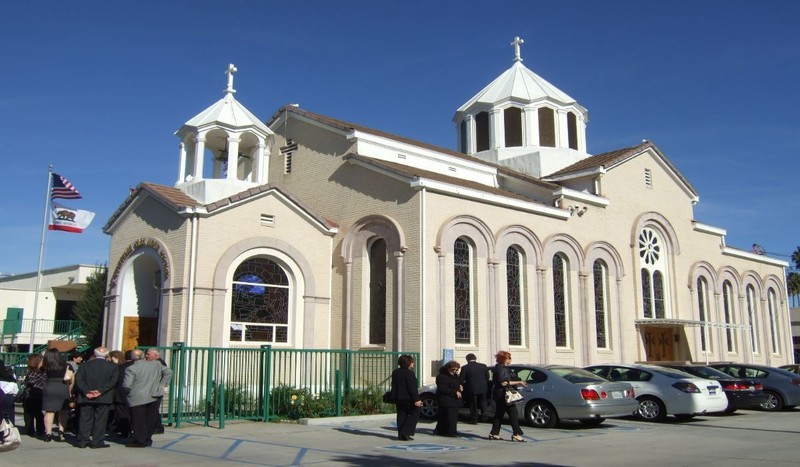
Worldwide Apostolic Churches
The Following is a List of Apostolic Churches around the World linked to the church website or Wikipedia page:
1. The Armenian Apostolic Church, the national church of the Armenian people. Part of Oriental Orthodoxy
2. Apostolic Church (denomination), formed in 1916
3. Apostolic Christian Church, worldwide Christian denomination in the Anabaptist tradition
4. Apostolic Church (Czechoslovakia), a Pentecostal denomination now divided into:
- Apostolic Church (Czech Republic)
- Apostolic Church (Slovakia)
5. Catholic Apostolic Church, formed in 1835, the church movement associated with Edward Irving
6. Old Apostolic Church, Christian faith community with roots in the Catholic Apostolic Church. The Old Apostolic Church is a branch of Christianity separate from Protestantism and Catholicism.
7. New Apostolic Church, formed in 1863, a chiliastic Christian church that split from the Catholic Apostolic Church during an 1863 schism in Hamburg, Germany
8. United Apostolic Church, independent communities in the tradition of the catholic apostolic revival movement which started at the beginning of the 19th century in England and Scotland. The church also includes:
- Apostolic Church of Queensland
- Apostolic Church of South Africa – Apostle Unity
This article is part of our Denomination Series listing historical facts and theological information about different factions within and from the Christian religion. We provide these articles to help you understand the distinctions between denominations including origin, leadership, doctrine, and beliefs. Explore the various characteristics of different denominations from our list below!
Catholic Church: History, Tradition & Beliefs
Jehovah's Witnesses & Their Beliefs
Mormons: The Church of Latter Day Saints & Their Beliefs
Baptist Church: History & Beliefs
Presbyterians: History & Beliefs
